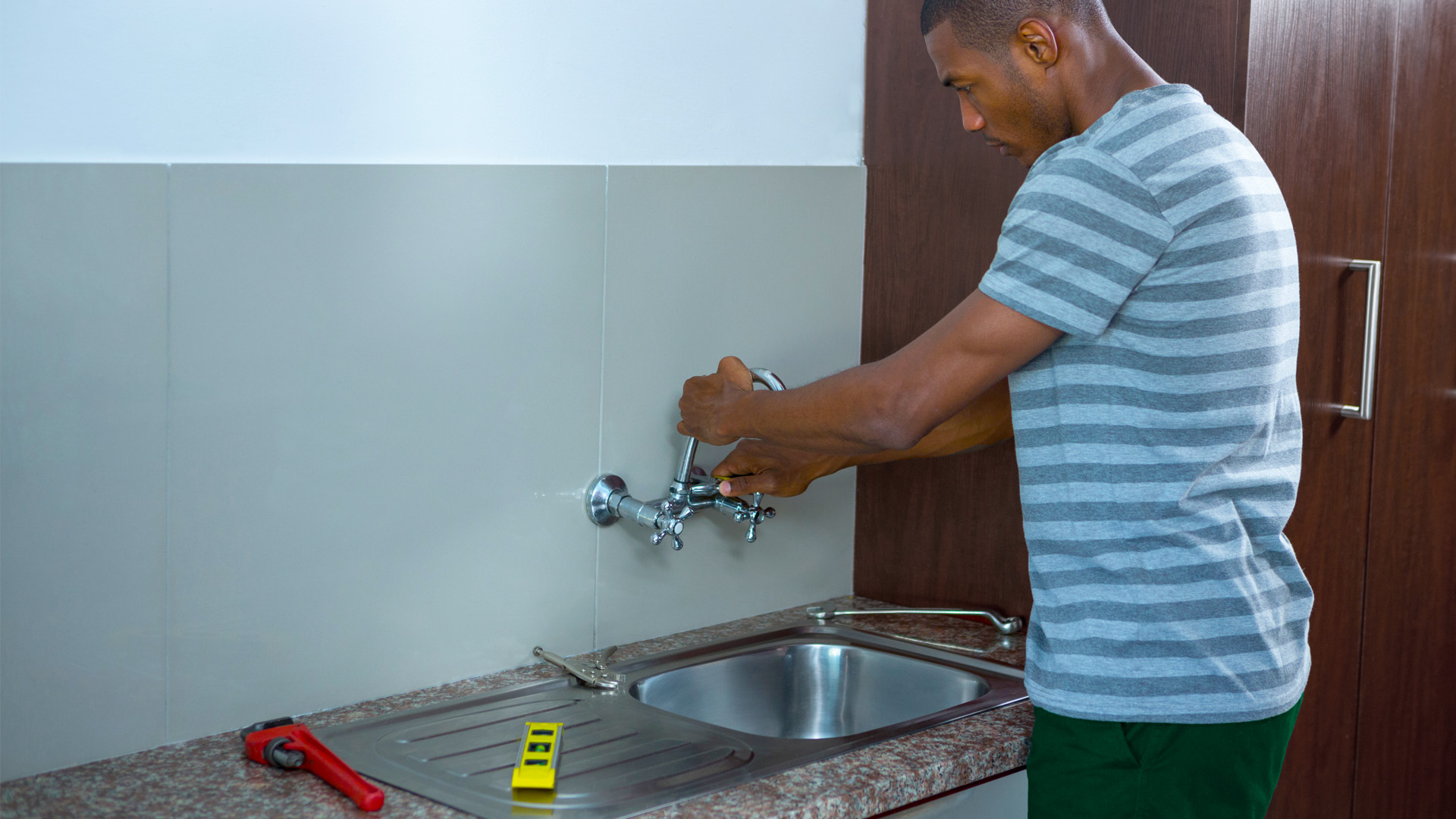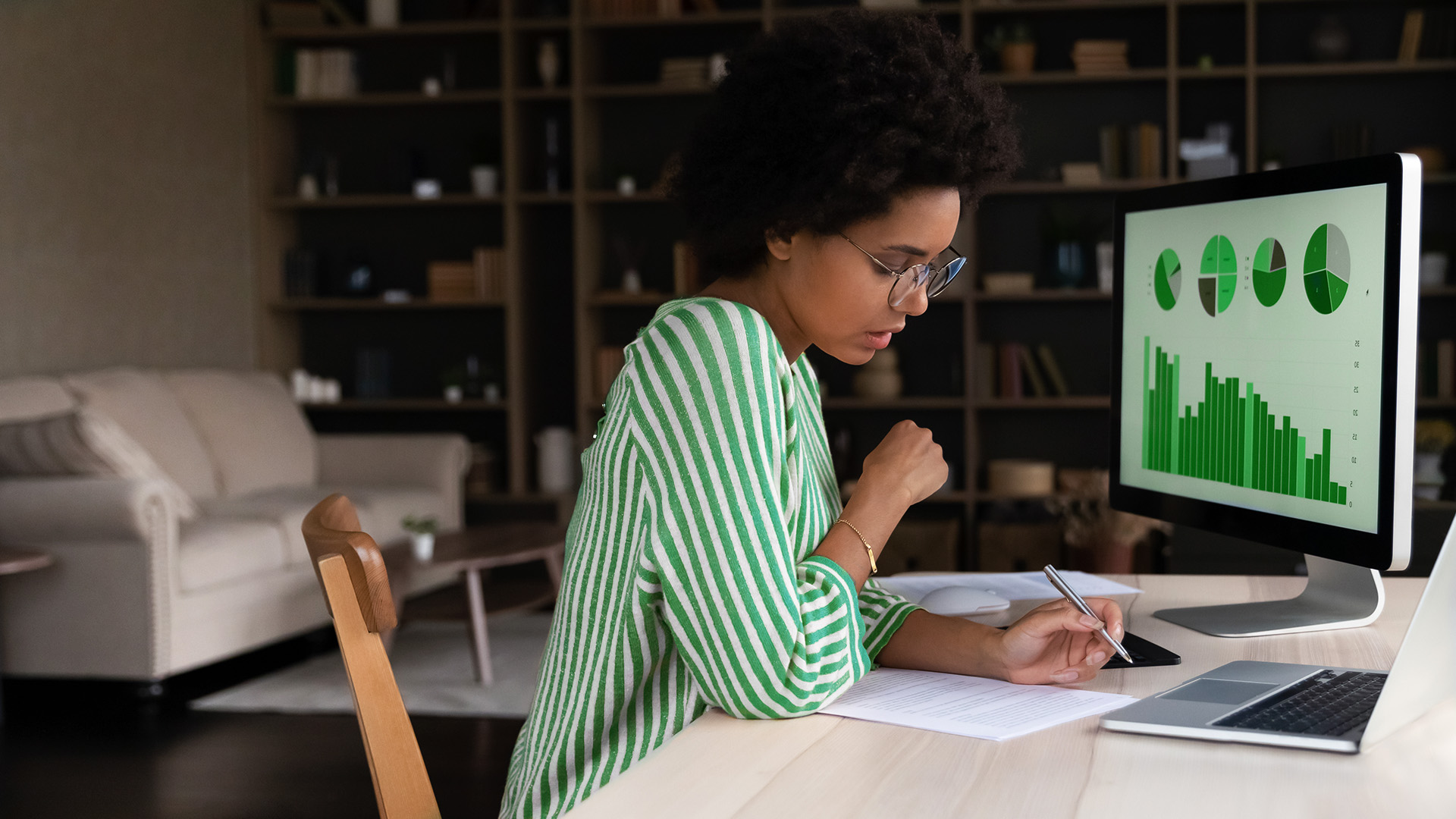The world is an uncertain place right now. Trade tariffs, big changes in US foreign policy, and conflicts around the world are just some of the factors contributing to economic challenges and the increasing cost of living. How do you make the right financial decisions for you and your family under these circumstances?
For example, how do you decide when you need to buy a new car – or even a used one? Is there ever a right time to do so? If so, when is it? What factors do you need to consider when making a big-ticket buy like this?
2025 was initially predicted as a good year to buy a car, and sales have been positive for some time. And if you trade in a thirsty engine for a much more fuel-efficient version, your savings on the ever-increasing price of fuel will offset the cost of your new car somewhat. Here's what you need to know if you're in the market for a new or pre-owned vehicle:
Market indicators for car sales
The South African auto industry was in confident mood for most of 2024. The 2 interest rate cuts by the South African Reserve Bank towards the end of the year, coupled with easing inflation, created a more favourable economic environment. The reduction of load-shedding and the prospect of better import and export infrastructure also gave rise to optimism.
However, the tension caused by the change in US foreign policy and trade tariffs under the second Trump administration has created uncertainty in the global car market. If trade relations with the US worsen, it will most likely reduce exports of locally manufactured vehicles and affect the competitiveness and profitability of multinational manufacturers operating in SA.
The Automotive Business Council is among the authorities that believe that this scenario could result in South African car buyers having to balance 'affordability with desire'. You'll need to be more realistic about your buying decisions, which could make affordable Chinese entrants to the local market more competitive.
Best time of the year to buy a car
The best time to buy a car in South Africa (especially a pre-owned vehicle) is at the end of the year. On the other hand, the best time to sell your vehicle is at the start of the year – provided you can find a responsible buyer who hasn't overspent during the festive season and can pay what it's worth.
The reason buying a pre-owned car towards the end of the year is often a good idea is, ironically, because new cars are being made more affordable. Manufacturers want to avoid carrying inventory into the next year, so they issue various incentives for dealers to sell more new cars. This results in more trade-ins as buyers take up new car offers, so there are suddenly a lot more used vehicles available to the market.
Conversely, when the new year starts, dealers want to sell off any remaining inventory as well as new stock, so they're willing to offer better trade-in values for buyers' old cars. All of which makes the end of the year a good time to buy and the beginning of the year a good time to sell.
These timings are significant, but they create a paradox: As a buyer, you can score a better deal towards the end of the year than you would have found a few months earlier. As a seller, if you can wait a few weeks longer, you're likely to get more out of a sale.
Remember that the monthly payments on your car loan are not the only costs of owning a vehicle
If you're trading in your present vehicle at a dealership, it may boil down to whether you want to buy new or used – you should get a better deal on the trade-in and new car in December but wait for the new year if you plan to trade yours in for a used car. If it's a private sale with another individual, not a dealership, the time of year may not be as significant as each party's needs, or the mileage on the car.
Other local factors also affect when the best time to buy might be. Demand patterns are different between urban and rural areas. In rural areas, for example, private sales between individuals may be more common than buying from or selling to a dealership. That would make the vehicle's condition and projected lifespan a bigger factor than trade-in values or inventory management. In towns and cities, the beginning of the calendar year can see a higher demand for entry-level vehicles that are ideal for matric leavers and those starting tertiary education or their first job.
Other factors to consider
Always consider the depreciation rate of any car before you buy it. Vehicles noted for a strong, reliable brand reputation usually hold their value better over time. Those with less widespread distribution, or more mechanical issues, depreciate more quickly.
Macroeconomic factors like interest rates on vehicle finance, consumer confidence levels, and supply and demand all play major roles in used-car market pricing. Check these indicators before deciding when to buy or sell. And remember that the monthly payments on your car loan are not the only costs of owning a vehicle that you need to include in your budget.
Current top-selling new vehicles
According to Cars.co.za, the top 10 best-selling new cars in the first quarter of 2025 were:
1. Suzuki Swift
2. VW Polo Vivo
3. Toyota Starlet
4. Toyota Corolla Cross
5. Hyundai Grand i10
6. Chery Tiggo 4 Pro
7. Haval Jolion
8. Toyota Starlet Cross
9. Suzuki Fronx
10. Nissan Magnite
Passenger vehicles and entry-level SUV models dominate, but affordability in a tight market is also a major factor.
Nedbank can help you find the new or pre-owned car you need on Avo Auto – they offer thousands of quality vehicles from trusted dealerships, plus an affordability calculator. With Avo Auto, you can also apply for vehicle financing, whether you're buying from a dealership or a private seller, through MFC, a division of Nedbank.








